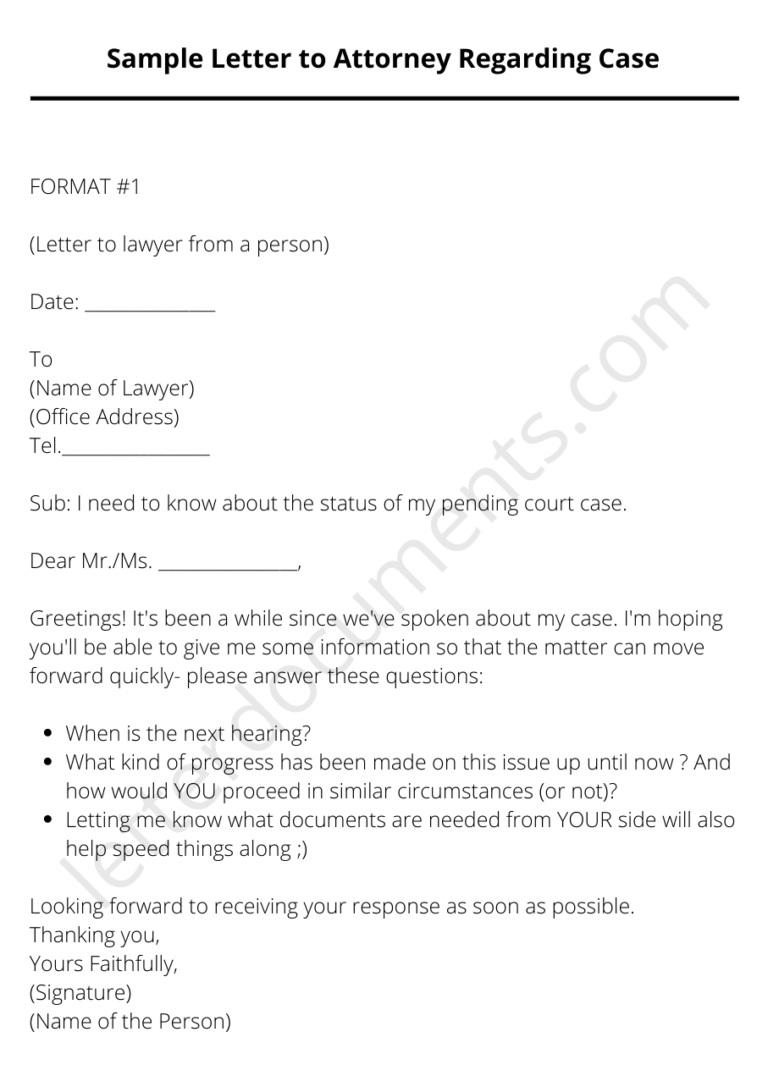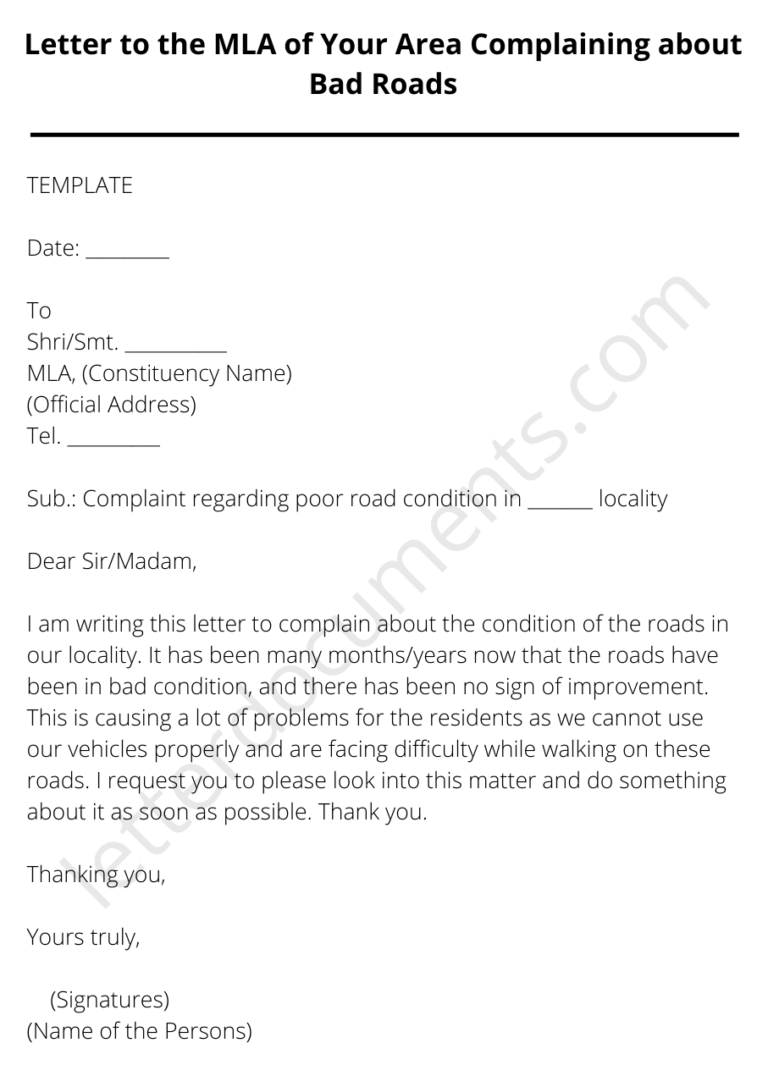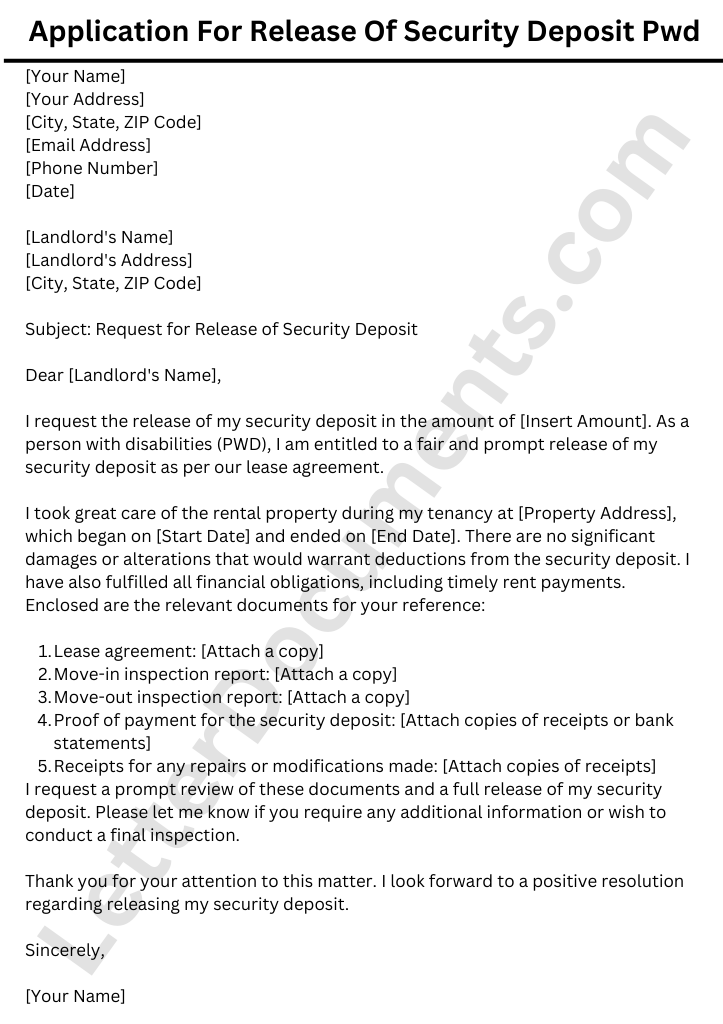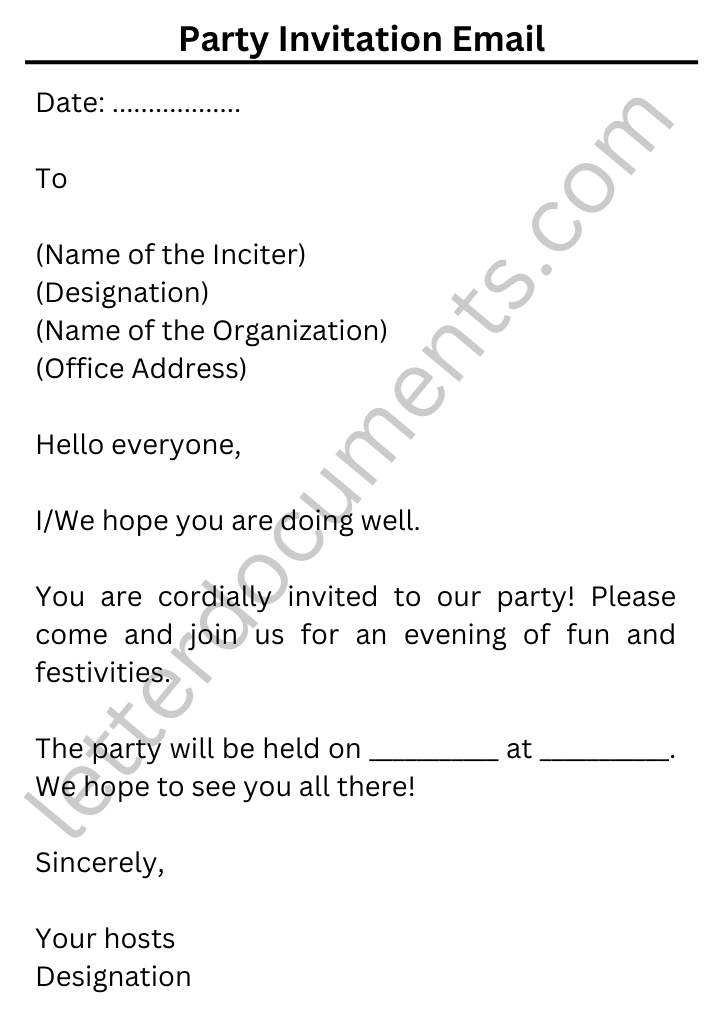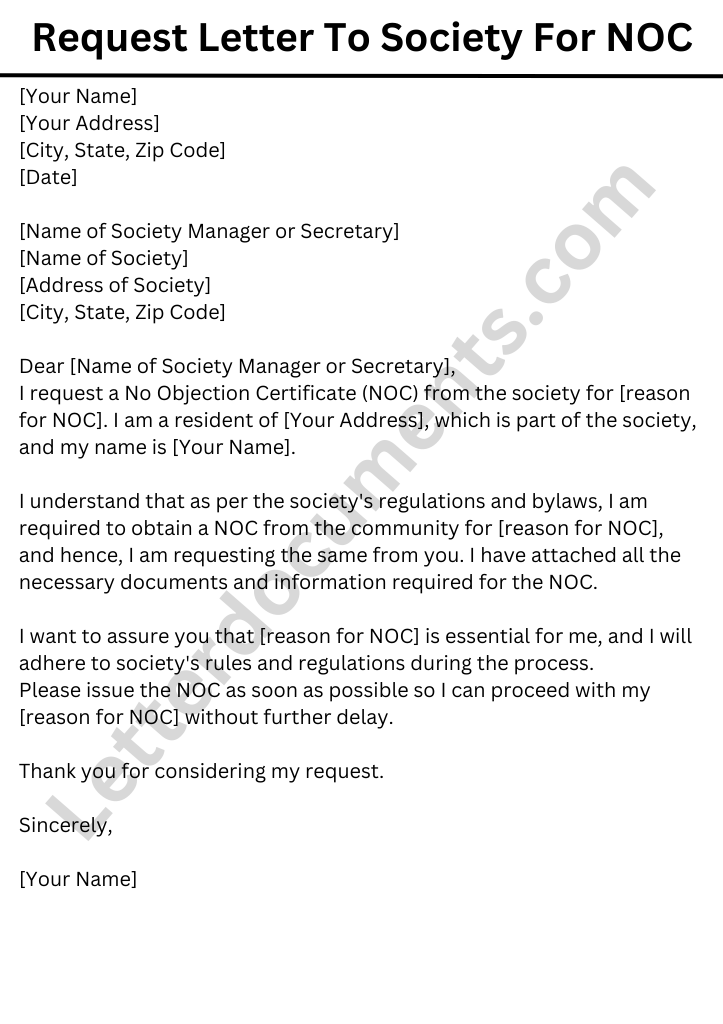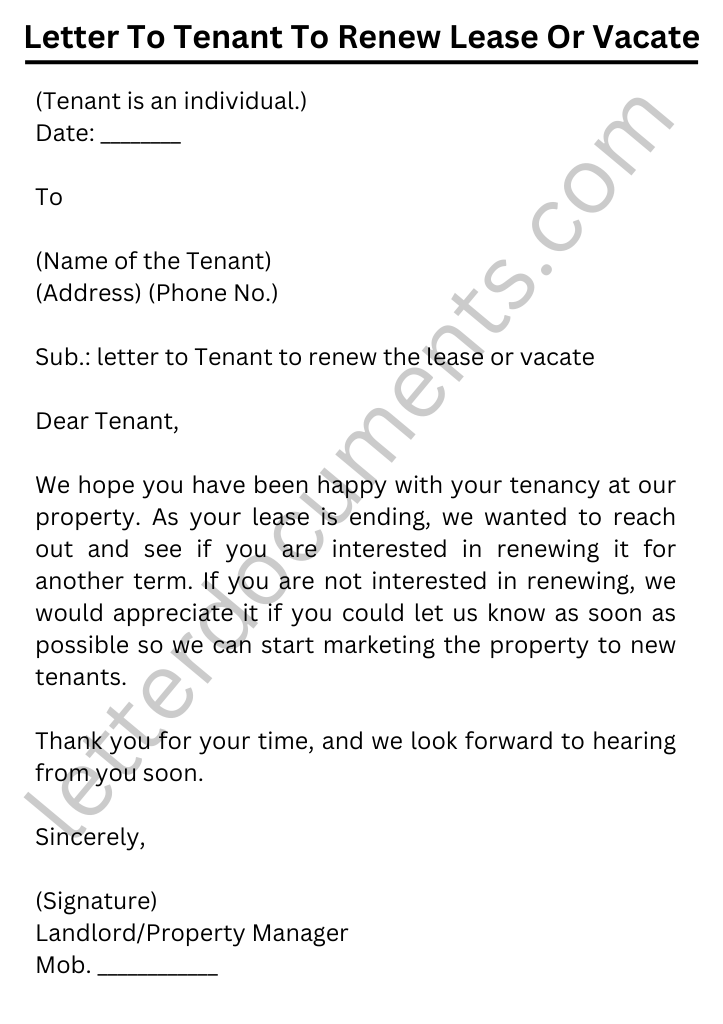Notice/Letter from Landlord to Tenant to Vacate Rental Property
The landlord and tenant should have a rent agreement or leave & license agreement that provides for an advance notice period before leaving the property. This allows time to find another place, especially if it’s going to be awhile since they’ll need more than just one week’s worth of paying tenants in order to make sure there isn’t any loss financially from having so many people live at once without paying full attention towards maintaining up on bills due date after date!
In some cases, a landlord will ask their tenant to vacate the property by serving an advance notice. The agreed period of time for this is given in accordance with what was established when they signed on as well as any alternatives if there are more than just 1 way out like paying compensation instead of having short-term tenancy agreement terms (48 hours).
Similar Post: Notice/Letter from Landlord to Tenant to Vacate Rental Property
Notice/Letter from Landlord to Tenant to Vacate Rental Property
As a landlord, it is sometimes necessary to issue a notice or letter to your tenant to vacate your rental property. This can be a challenging and emotional process for both parties, but following the proper procedures to protect your rights as a landlord and ensure a smooth transition for the tenant is essential.
In this article, we will explore why a landlord may need to issue a notice or letter to vacate, the legal requirements for such notices, and provide some sample formats that can be used as a guideline.
Why a Landlord May Need to Issue a Notice/Letter to Vacate Rental Property
There are various reasons why a landlord may need to issue a notice or letter to a tenant to vacate their rental property. Some common reasons include:
1. Non-payment of rent: If a tenant fails to pay their rent, a landlord may issue a notice or letter to vacate their rental property.
2. Breach of lease agreement: If a tenant violates any lease agreement terms, such as having pets in a no-pet building or causing damage to the property, a landlord may issue a notice or letter to vacate.
3. End of lease term: If a tenant’s lease term has ended and the landlord does not wish to renew the lease, a notice or letter to vacate may be issued.
4. Sale of property: If a landlord sells their rental property, the new owner may require vacating the property.Legal Requirements for a Notice/Letter to Vacate Rental Property
The legal requirements for issuing a notice or letter to vacate rental property vary by state and local laws. However, there are some general guidelines that should be followed:
1. Provide adequate notice: The landlord must give the tenant adequate notice before the eviction date. This notice period can range from 3 to 60 days, depending on the state and the reason for the eviction.
2. Use proper format: The notice or letter to vacate must be in writing and follow the proper format. This may include the date, the tenant’s name and address, the reason for the notice, and the date by which the tenant must vacate.
3. Serve notice properly: The notice must be properly served to the tenant, such as through certified mail or by handing it to the tenant in person.
Similar Post: Formal Letter to Principal or Warden for Vacating Leaving Hostel
Format #1
Date: ____________
To,
(Name of the Tenant)
(Full Address)
(Contact No.)
Sub: Notice/Letter from Landlord to Tenant to Vacate Rental Property
We are writing to politely request that you vacate the property at (address) by (date). As required under your rental agreement with us, we have given …. days/months’ notice for this purpose. The rent amount will either be adjusted from what’s left over in the Security Deposit account or paid first and then when it comes time for getting out of town – collect all deposit amounts together without any hassle!
I am sorry, but I have no choice. The other members of our community are demanding that all owners rent out their properties only to families with married couples and kids; they say it’s because bachelors tend to cause disturbances in society!
I understand that you may be upset by this notice, but please do not take it personally. I assure your cooperation in finding a new home for the both of us is appreciated and if there’s anything at all we can do together on our end to help make things easier- let me know!
Please let me know about the last date of notice, as I’ll be looking for new tenants soon. If you have any questions in this regard please don’t hesitate to contact me!
Have a Nice Day/Evening
Thanking you,
Yours Truly,
(Signature)
(Name of the Landlord)
Format #2
Date: ____________
To,
(Name of the Tenant)
(Address)
Mob. _____________
Sub.: Notice to Vacate Rented Property
Dear Tenant,
I regret to inform you that I am giving you notice to vacate the property rented to you at (address) by (date). The reason for this is because I am disappointed with the way you have been treating the property. It is clear that you do not appreciate all that I have done for you, and I do not want to see the property continue to be damaged in this way.
Please vacate the property by (date) and return all keys to me. If you fail to do so, I will take appropriate legal action.
Have a Nice Day/Evening
Thanking you,
Yours Truly,
(Signature)
(Name of the Landlord)
Conclusion
In conclusion, when it comes to serving a Notice/Letter to Vacate Rental Property, it is important for landlords to follow the proper legal procedures and guidelines. This not only ensures that the landlord is acting within their rights, but also protects the tenant’s rights and ensures a smooth and efficient transition.
Landlords should ensure that they give ample notice to their tenants, typically around 30-60 days, and that they provide a clear and concise letter outlining the reason for the notice and the date by which the tenant must vacate the rental property.
Furthermore, landlords should be aware of any local or state laws and regulations regarding notice requirements and tenant rights, as these can vary widely depending on the location.
By following these guidelines and providing a clear and legally sound Notice/Letter to Vacate, landlords can avoid potential legal disputes and ensure a smooth transition for both themselves and their tenants.

